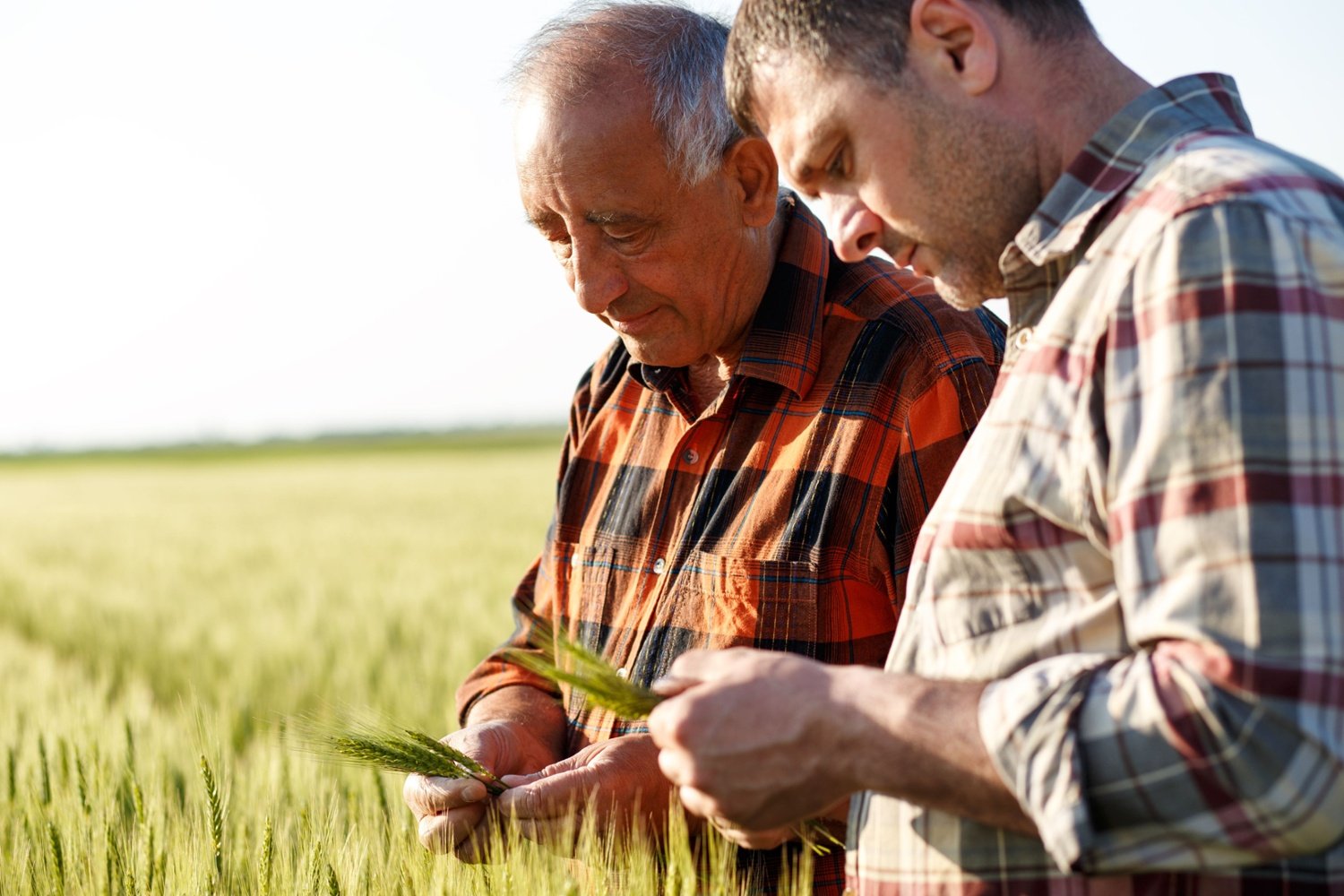The green revolution: How French agriculture is embracing biologicals
-1.jpg)
By Christophe Jounaux
The French agricultural sector is experiencing a significant shift towards more sustainable and eco-friendly practices.
Background
Biologicals are a group of products that includes biostimulants, biopesticides, and biofertilizers. These eco-friendly alternatives help enhance plant growth, protect crops from pests, and improve soil health. To understand the adoption of biologicals in French agriculture, Kynetec conducts annual surveys with over 10,000 farmers across the country.
Farmer insights
Biostimulants are gaining ground in field crops, with a growth of 44 points in value and 80 points in area. This progress is explained in particular by the increase in new users, applications on new crops such as corn and sunflower, and by incentives from distributors.
France - usage for all measured crops (2017-2022)
| Value | Area | |
| Biopesticides | +54 points | +49 points |
| Biostimulants | +31 points | +60 points |
| Foliar fertilizers | +21 points | +29 points |
Biologicals by crop
The rise of biologicals is particularly evident in vineyards and fruit tree farms. In vineyards, biopesticides now make up 23% of the crop protection market. Meanwhile, in fruit tree farms, biopesticides account for an impressive 39% of the market. These numbers demonstrate a growing interest in sustainable farming practices in these sectors.
Arable crops, such as wheat, corn, and sunflower, also show promising potential for the adoption of biologicals. Although biopesticides currently represent only 1% of the crop protection market in arable crops, their use has seen robust growth, with a 54-point increase in value and a 94-point increase in area. Biopesticide solutions currently available on the market are quite limited in arable crops, but the growth and development of their uses will be closely linked to the arrival of new products.
This trend indicates that more farmers are turning to eco-friendly solutions for crop protection in arable farming as well.
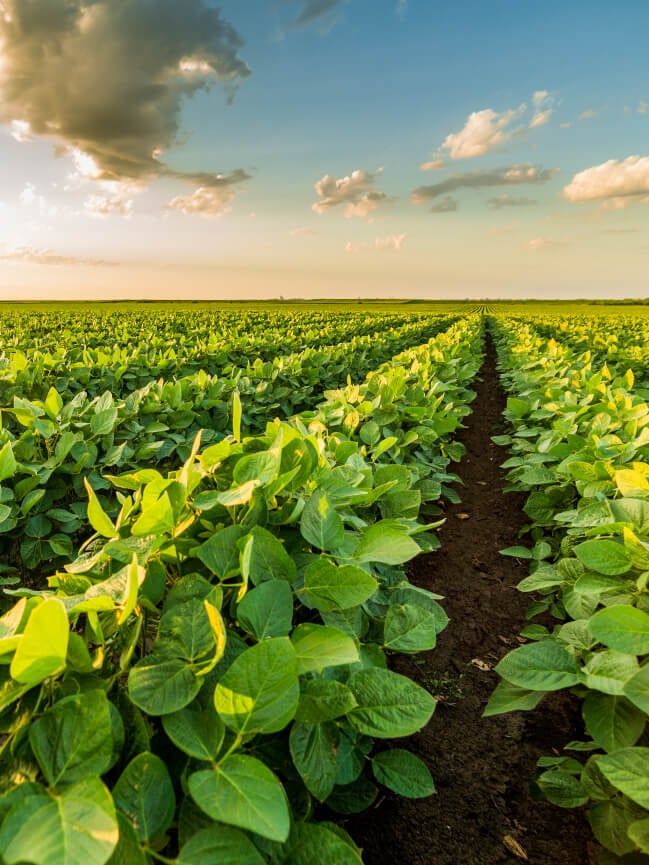
Arable crops represent the breeding ground of tomorrow. When an arable farmer uses a biostimulant, it is across the entire farm.
This shift towards biologicals also has implications for consumers, who are becoming more aware of the environmental impact of their food choices. The growing use of biologicals in agriculture can lead to healthier, safer, and more sustainably produced food, appealing to an ever-growing environmentally conscious consumer base.
The growth of biologicals in French agriculture, as illustrated by Kynetec's data, highlights the potential for a more sustainable and environmentally friendly future in agriculture. As more farmers embrace these eco-friendly solutions, the benefits for the environment, human health, and overall sustainability will continue to grow. The French agricultural sector is setting an example for the world by adopting more sustainable practices that prioritize the health of the planet and its inhabitants.
Christophe Jounaux
Director | Account Management and Business DevelopmentLearn
Related Articles
The articles covers topics related to sustainable agriculture, animal health, and the intersection of farming and technology.

Nomman Ahmed Discusses the Role of Predictive Technology in Advancing Crop Protection

A Decade of Biopesticides Data in France Shows Both Uptake and Opportunity

"Progressive farmer" the target audience your agribusiness brand knows nothing about

Predictive Intelligence caught the US glyphosate dip. What could it tell you next?
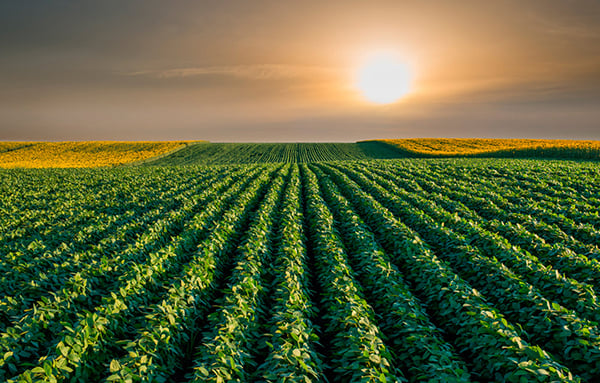
Soybean pesticide market grows 50% in Brazil to US$11.4 bn
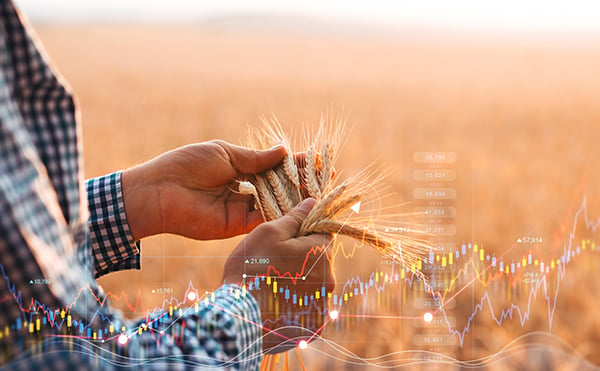
Feeding tomorrow: how foresight in data and analytics is changing the landscape of global agriculture
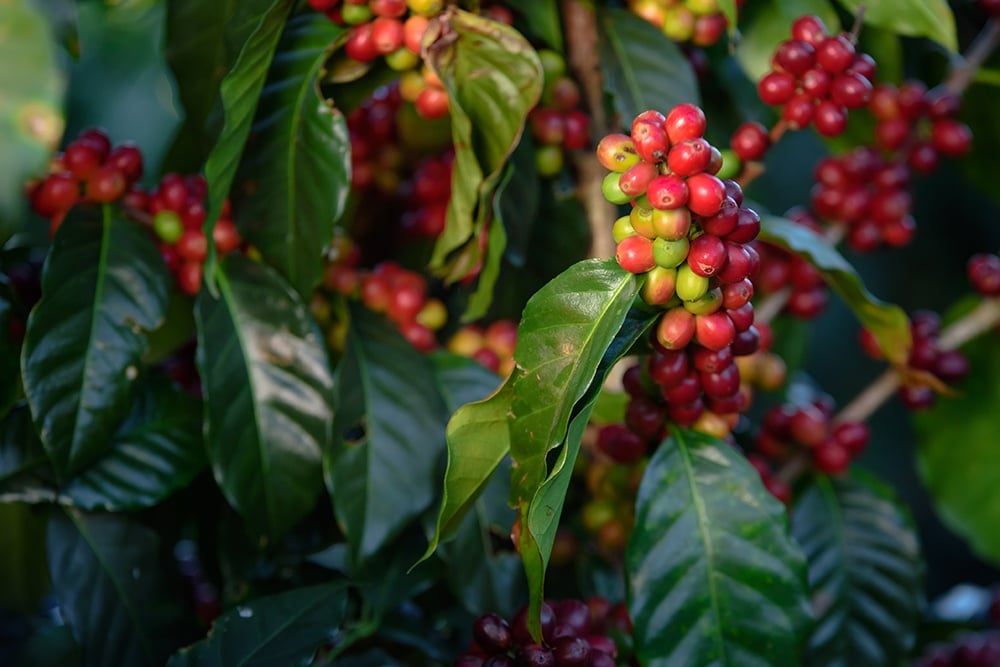
Brazilian coffee pesticide market up 17% in 2022-23
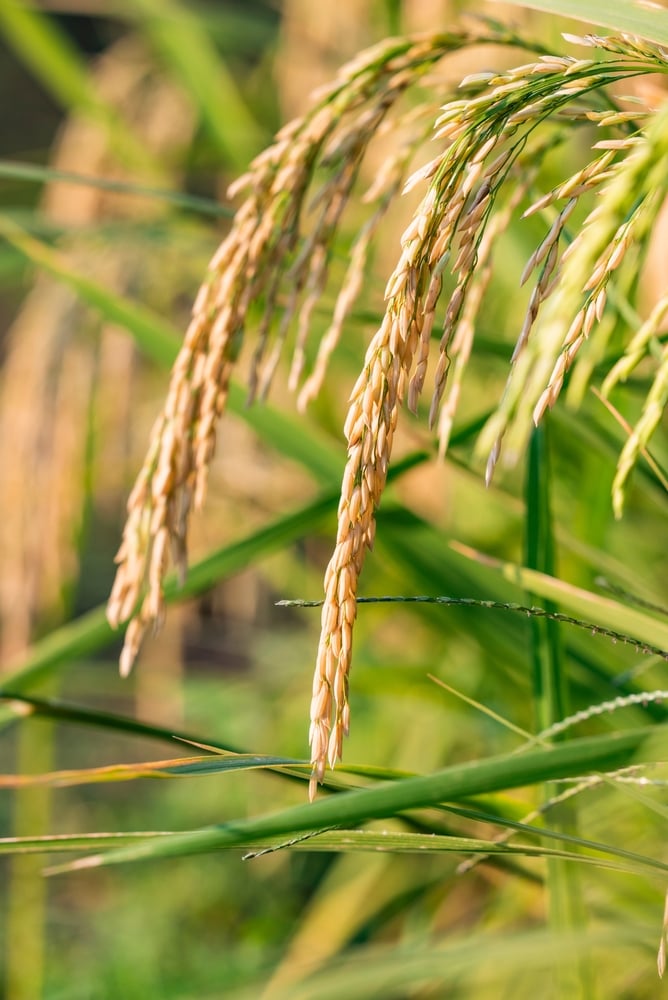
FarmTrak China 2022 rice survey highlights key trends over the last 12 years
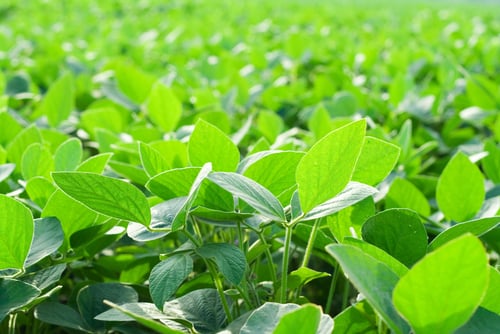
Significant growth recorded in Brazilian soybean nutrition market
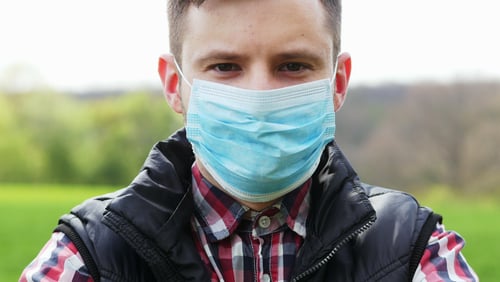
Pandemic resilience identified among farmers

Brazil's sugarcane sector and the rising value of agrochemicals

Australian agricultural machinery sales boom
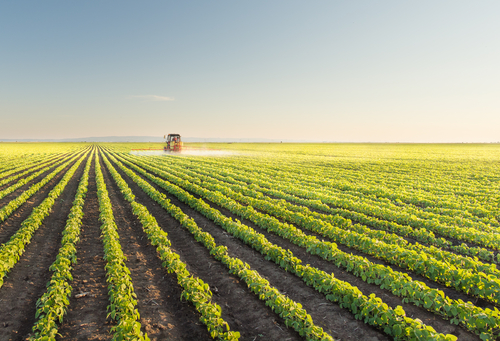
Tenfold growth in the Brazilian nematicides market over eight harvests
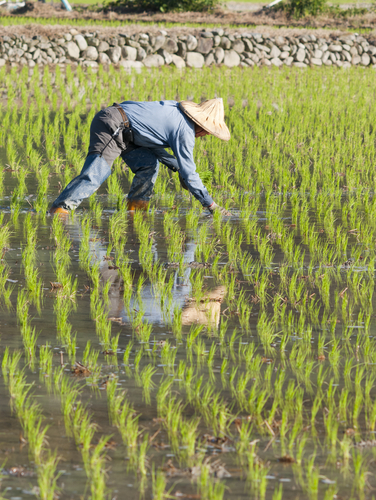
China’s crop protection market value on the rise
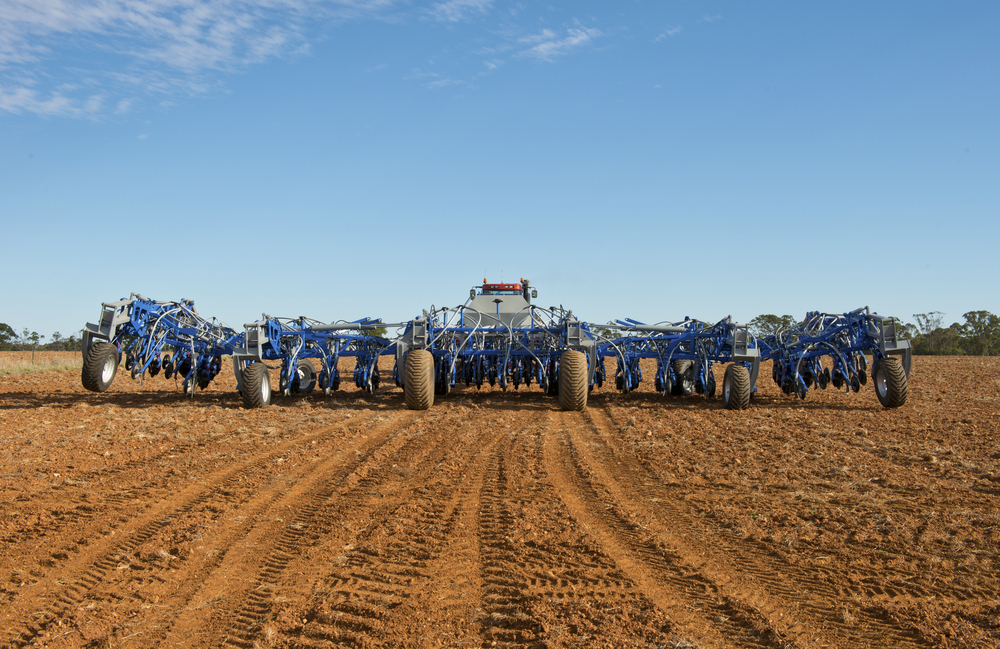
Impact of weather changes on crop decisions in the US and Canada
Case Studies
Impact and results

.jpg)
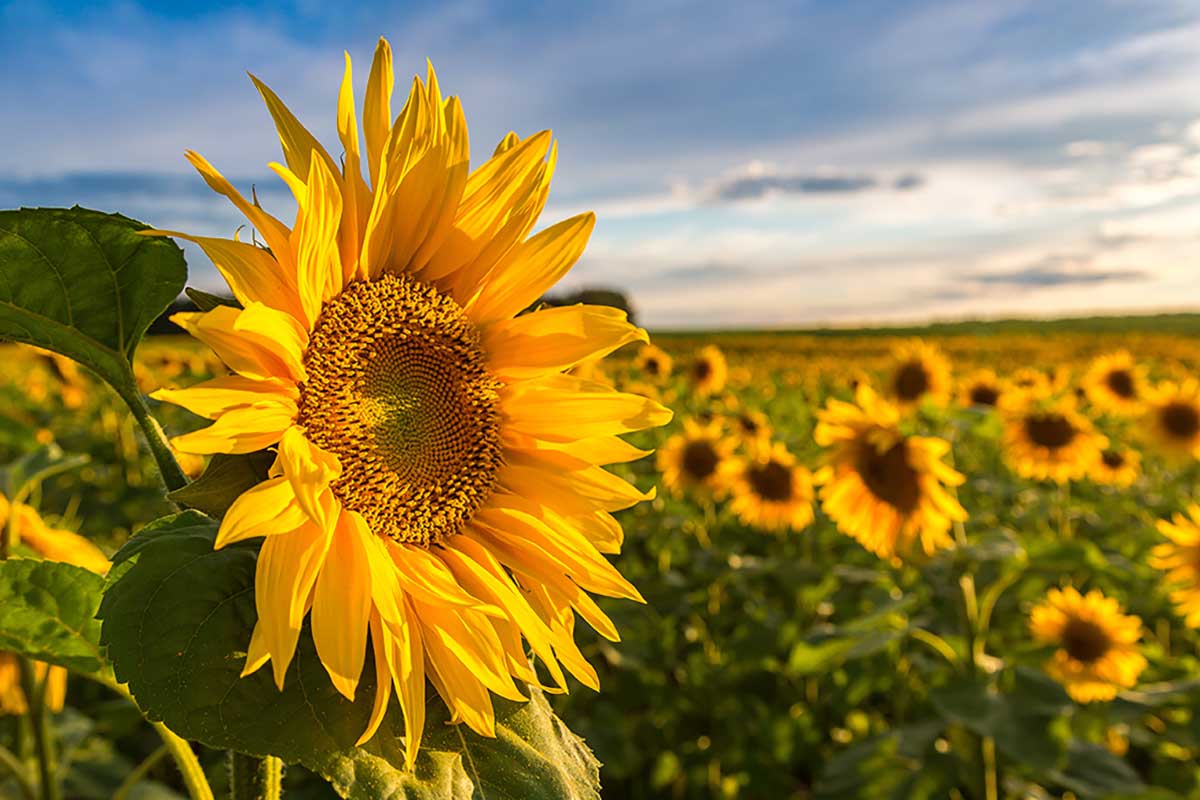
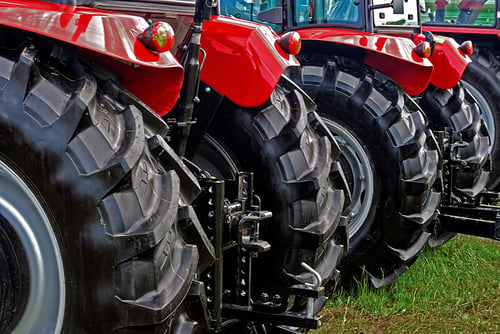
.jpg)
